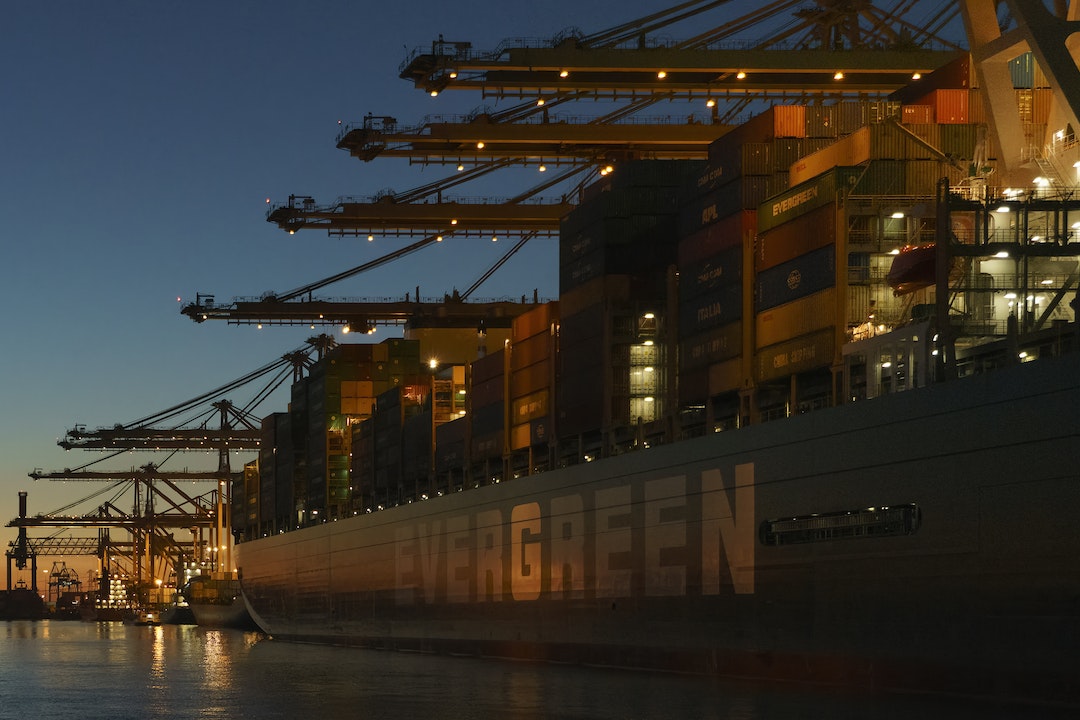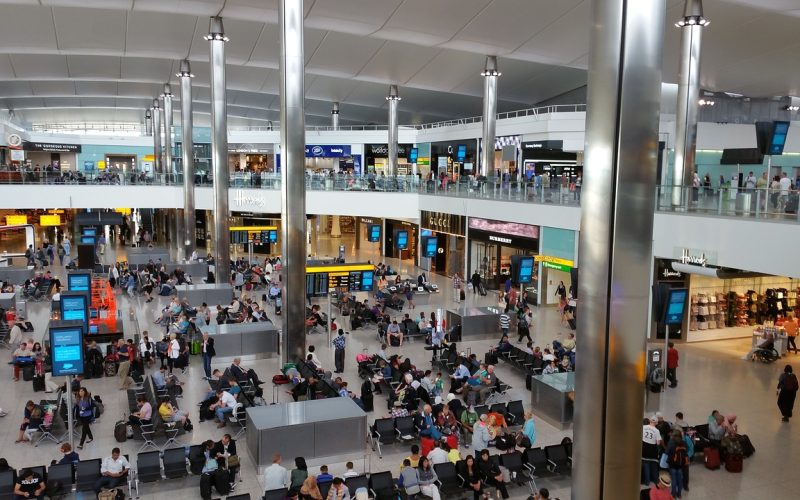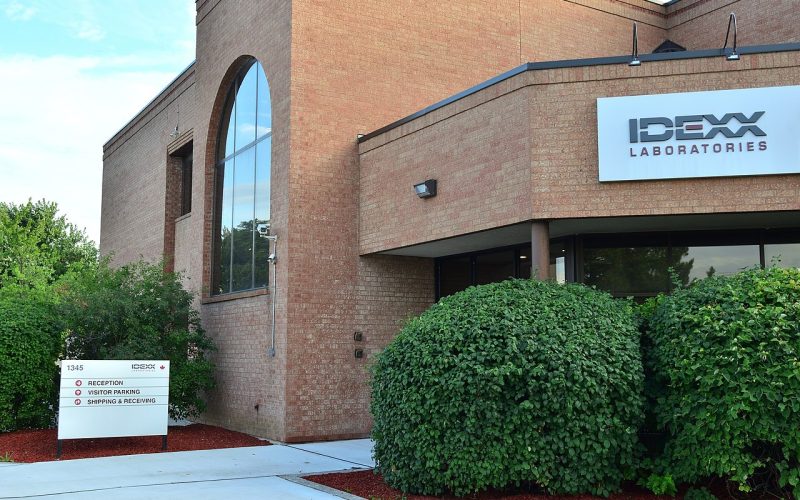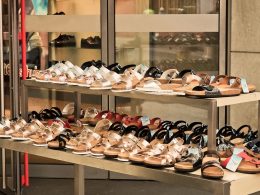A Bank of England policymaker said that Brexit had cost the UK economy a “productivity penalty” of £29 billion, or £1,000 per household.
Jonathan Haskel, an outside member of the Bank’s monetary policy committee, said that after the vote in 2016, a wave of investment “stopped in its tracks.”
He said that Brexit had caused the UK to lose productivity “much more” than other large economies.
The Treasury said that Mr Haskel’s numbers did not make sense.
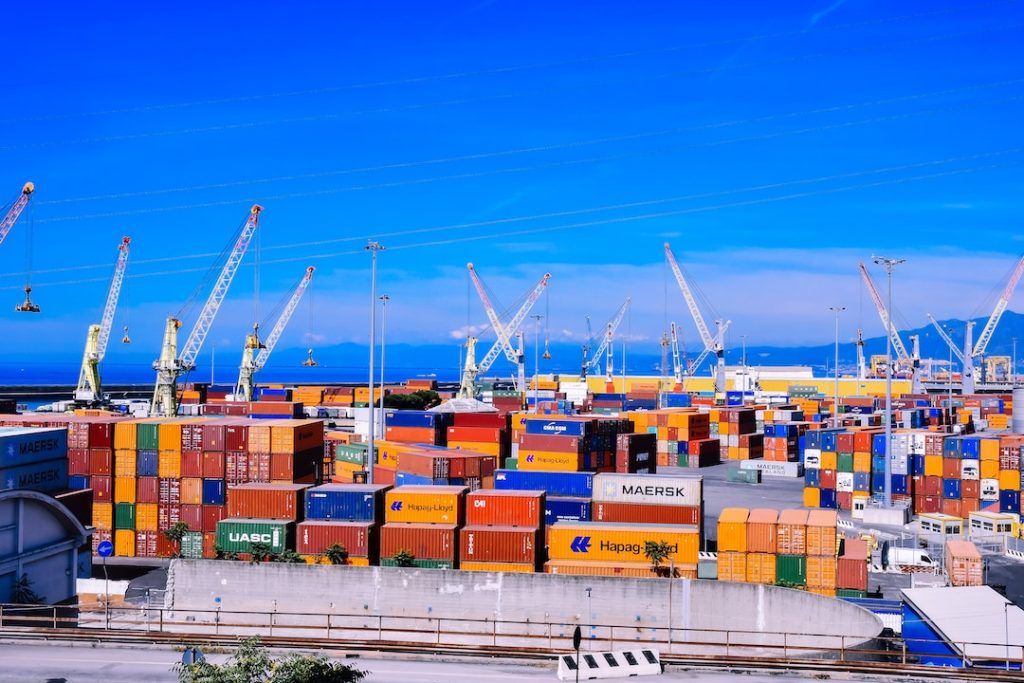
The Bank of England didn’t say anything.
Mr Haskel was recently interviewed by the online newsletter The Overshoot, and he was asked why he thought the United Kingdom was an “extreme outlier” when it comes to a decline in productivity.
Yes, we went through a lot more, he acknowledged. Our country’s larger finance sector is one factor in this. But I firmly believe that Brexit is to blame.
“If you look at the time up to 2016, productivity did slow down more, but a lot of money was put into the economy during that time. We had a big growth spurt from about 2012 to 2016.
“But after 2016, investment just stopped going up, and we fell to the bottom of the G7.”
Since the Brexit vote in 2016, there has been a global pandemic and then an energy crisis, making it hard to figure out what the direct financial effects of Brexit are.
“Penalty for productivity”
But since the vote, investment has stopped.
Some economists, including the International Monetary Fund, think that the uncertainty surrounding Brexit, including the unresolved issue of the Northern Ireland Protocol, has stopped at least some spending.
Mr Haskel said that the Brexit vote hurt economic growth because it cut down on trade. This is because the UK decided to leave the EU and its single market in order to make trade deals with other countries.
He talked about a calculation that showed what the UK economy could have been like if the investment had kept growing at the rate it was before the referendum instead of the rate it is growing now.
Mr Haskel called the hit to the economy the “productivity penalty,” which was about 1.3% of gross domestic product (GDP). GDP is a useful way to measure how well or badly an economy is doing.
“That 1.3% of GDP is about £29 billion, or about £1,000 per household,” he said.
Sir Richard Branson is one of the business leaders who have said that the cost of Brexit paperwork would make them less likely to invest in the UK.
Briefings for Business, a pro-Brexit group, said that the numbers were wrong and that there was no proof that Brexit would hurt investment.
A Treasury spokeswoman also said that since the UK left the EU single market, France and Germany have grown faster than the UK.
“The UK government is making the most of the freedoms we have after Brexit to grow the economy. This includes ambitious reforms in the financial services sector that will bring in more than £100 billion in investment, and this year we are reviewing EU-derived rules in other key growth sectors,” she said.
Warning of a recession
Figures that came out last week showed that the UK only just avoided a recession in 2022, but the Bank thinks that it will happen this year.
A recession typically occurs when the economy contracts for two consecutive three-month periods. It means that the economy as a whole isn’t doing well, so businesses may make less money and cut jobs, giving the government less tax money.
The UK’s central bank, the Bank of England, has significant influence over how the economy is run. It is in charge of setting interest rates, which are at their highest level in 14 years. This is done to try to slow down inflation, which is the rate at which prices are going up.
Mr Haskel has always voted in favour of raising interest rates. He also told The Overshoot that not working was a “very British thing.”
“The way people here act when they don’t do much is very different from how people in other countries act,” he said.
Nearly nine million people in the UK are “economically inactive,” which means they are not actively looking for work.
In order to help the economy, the government has been thinking about ways to get middle-aged people who have retired back to work.






